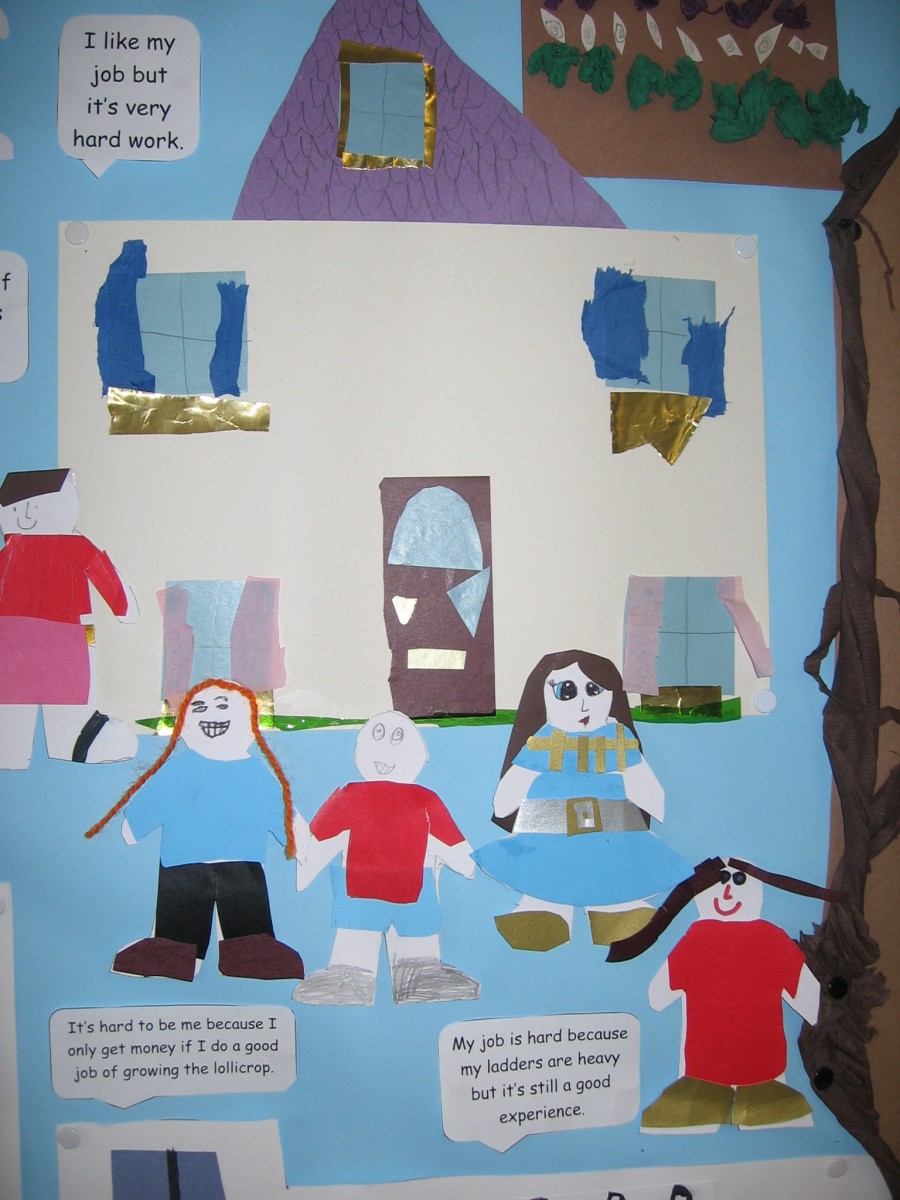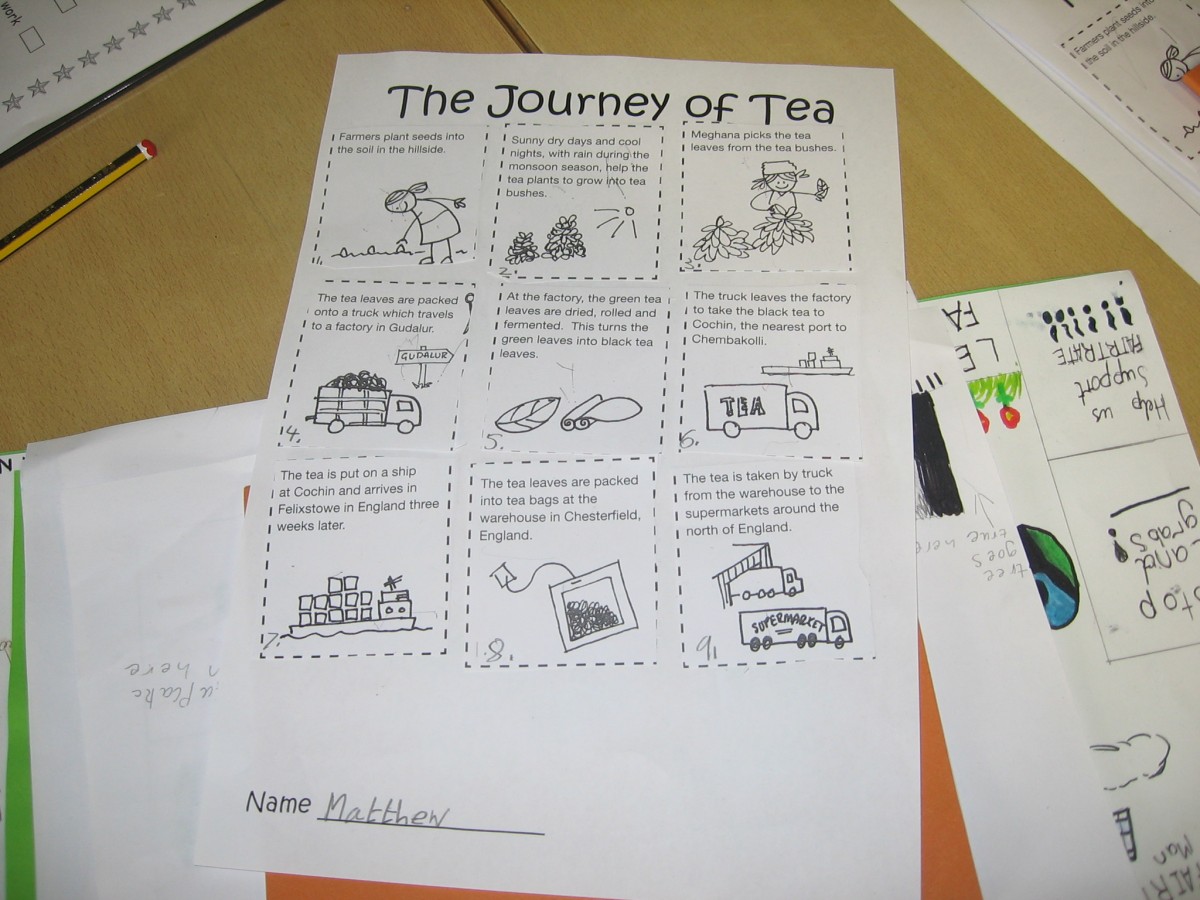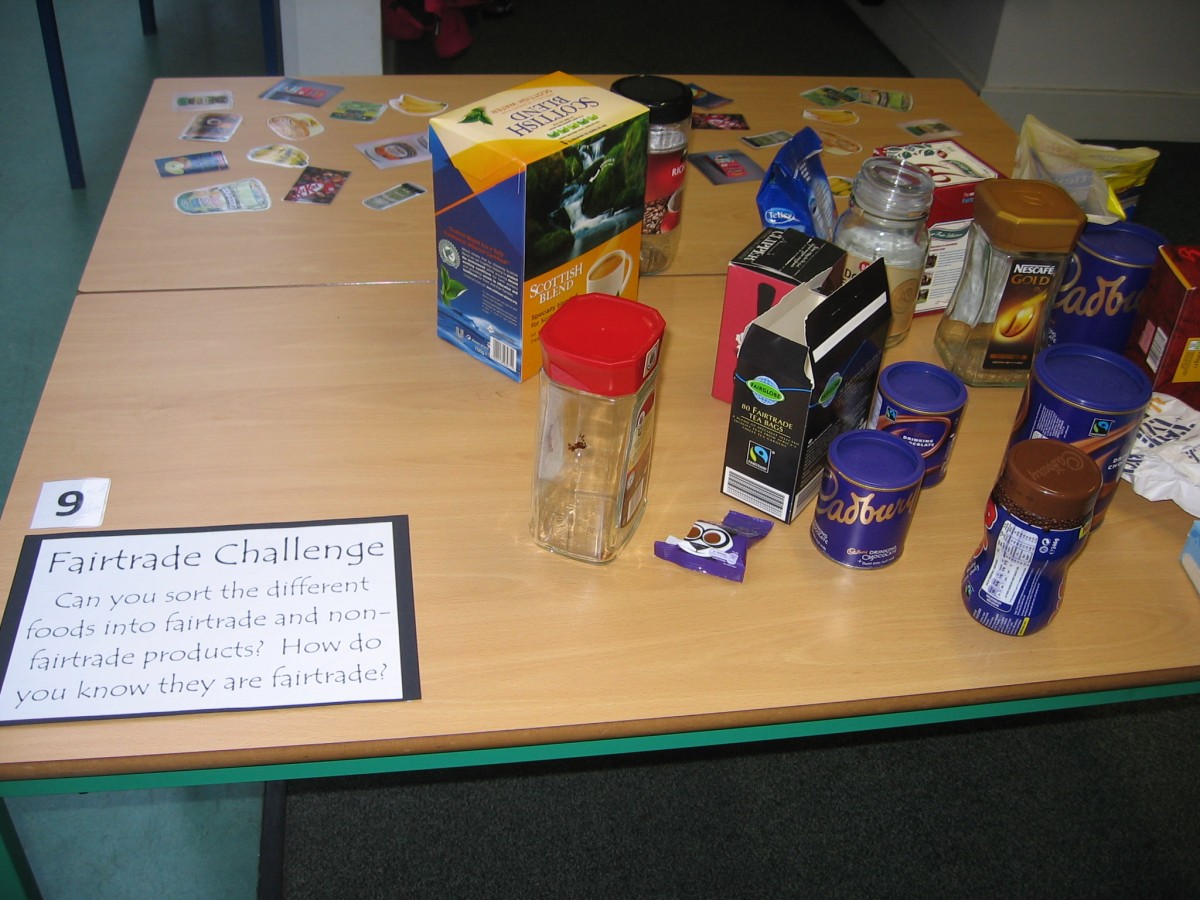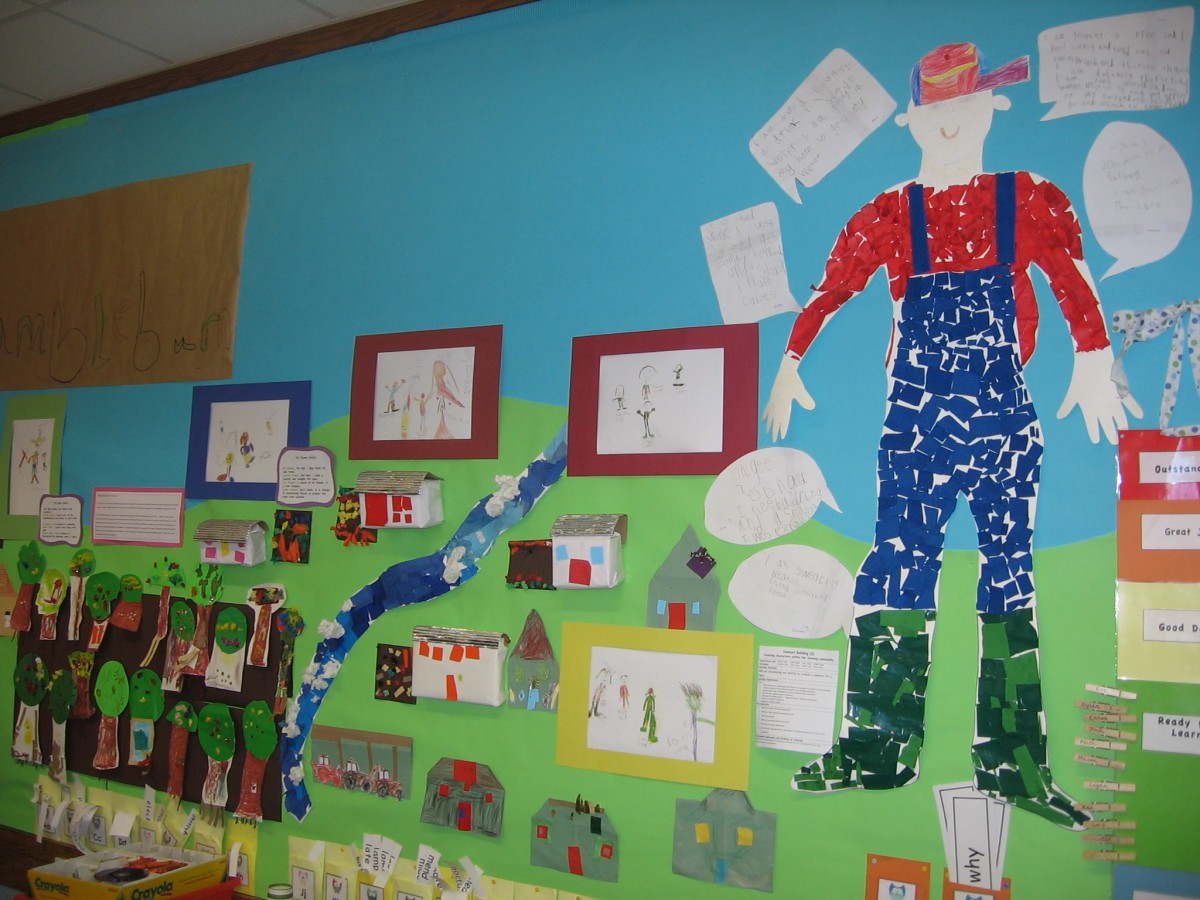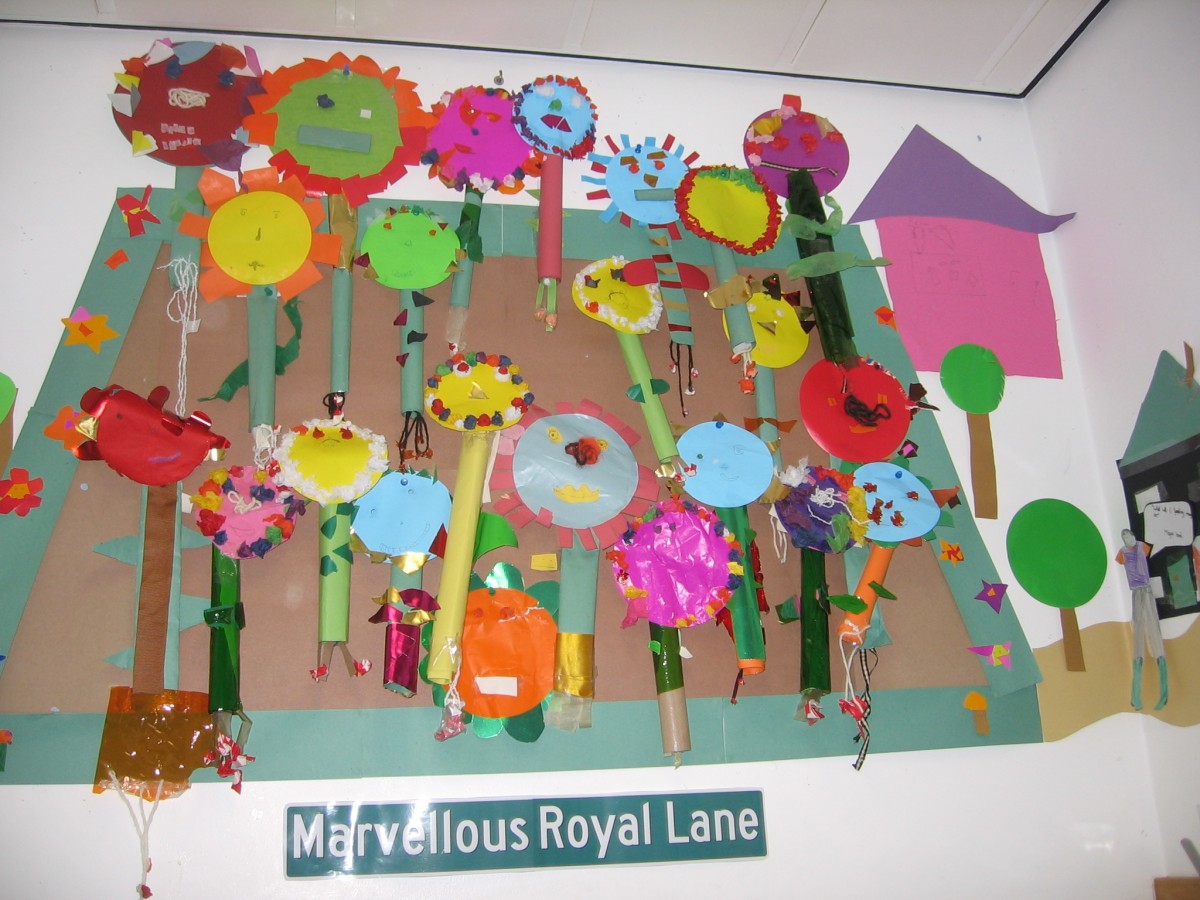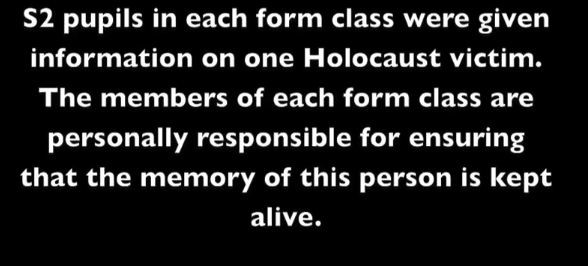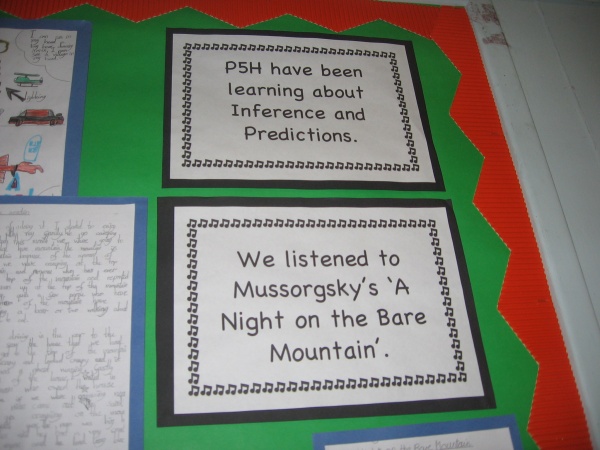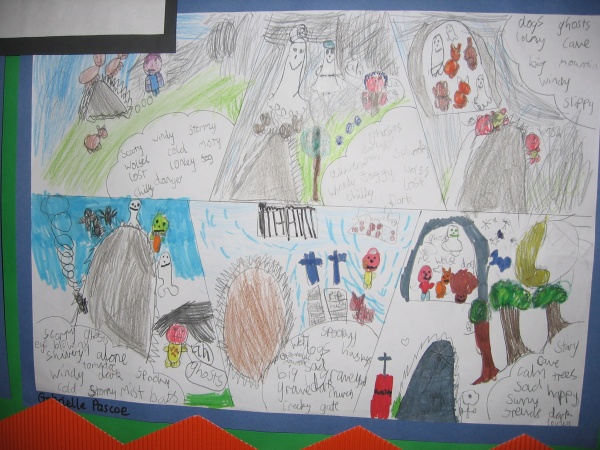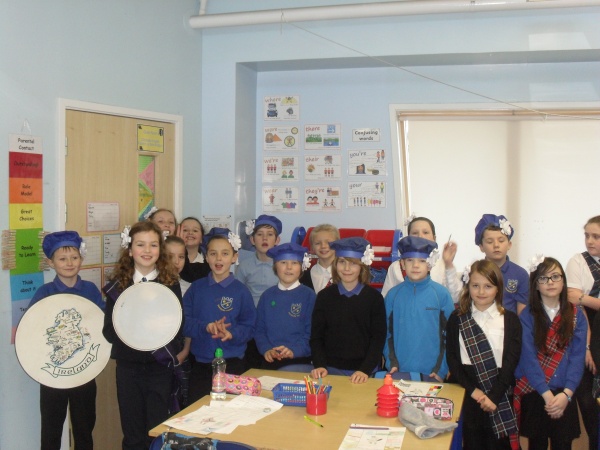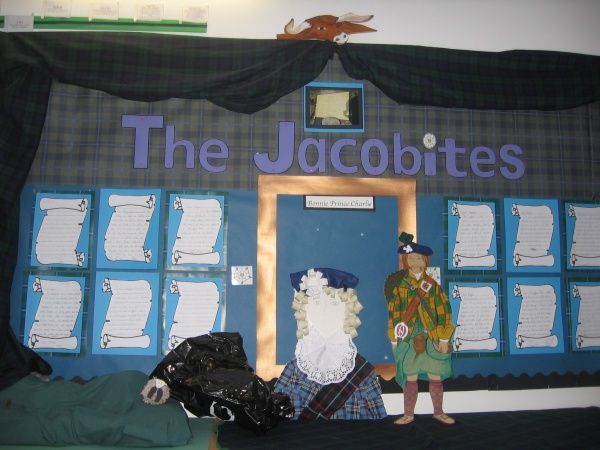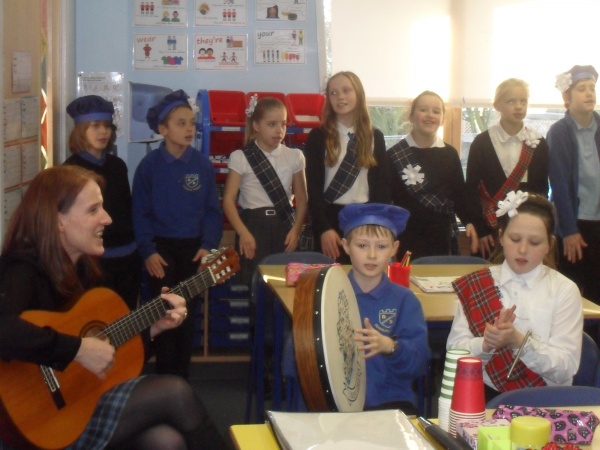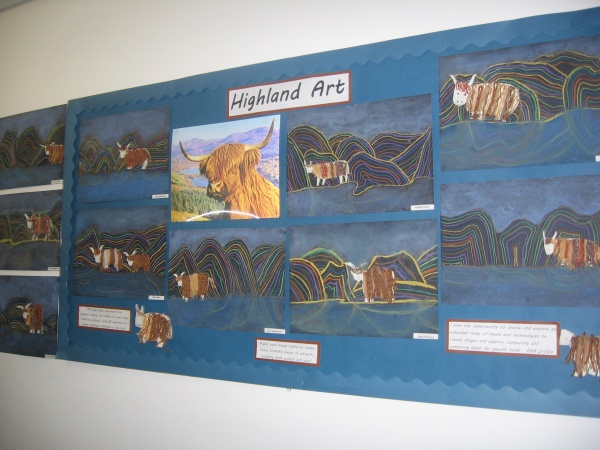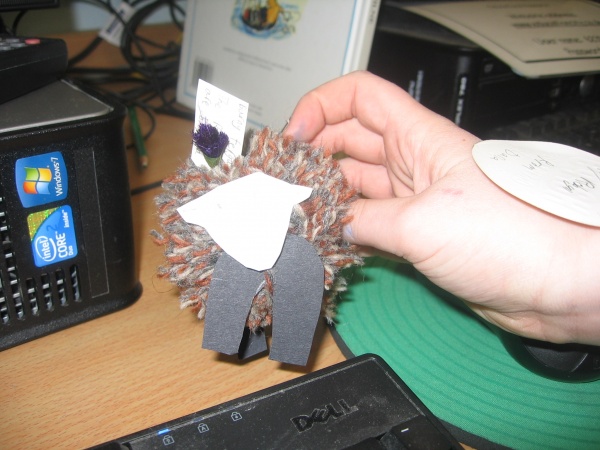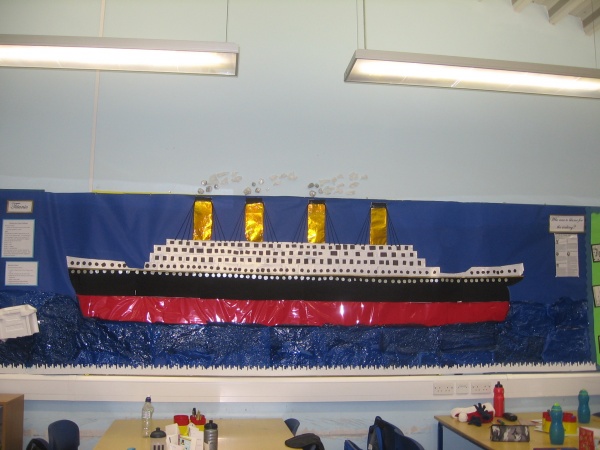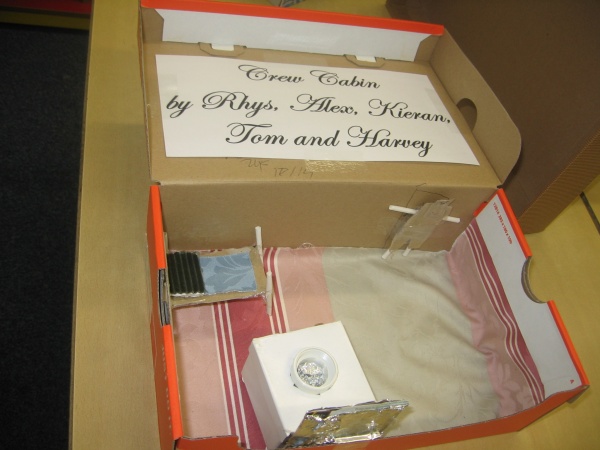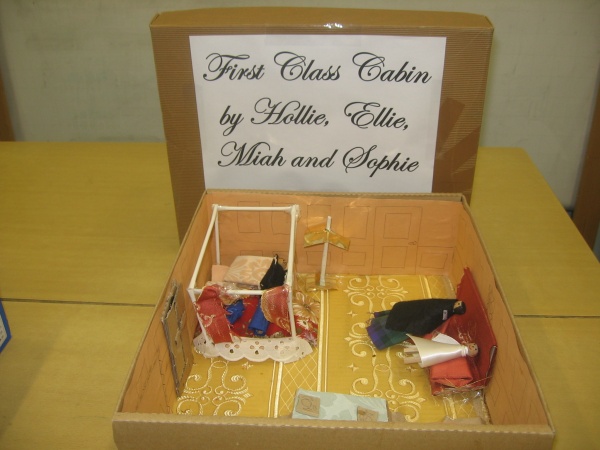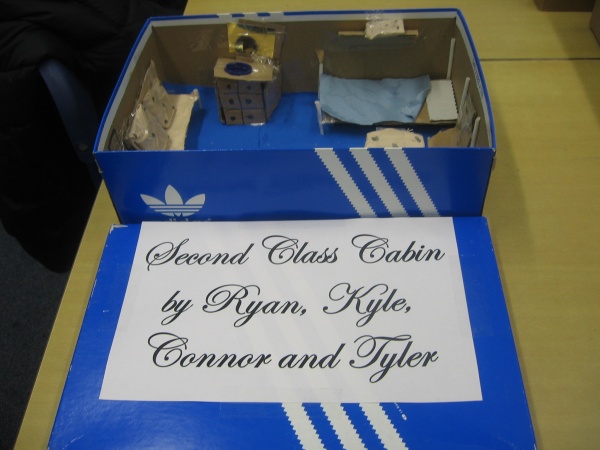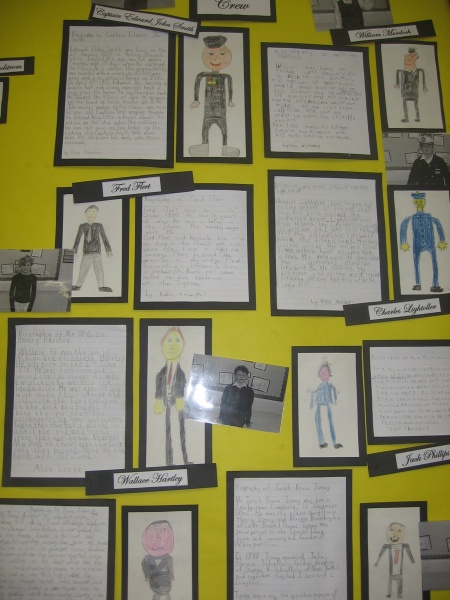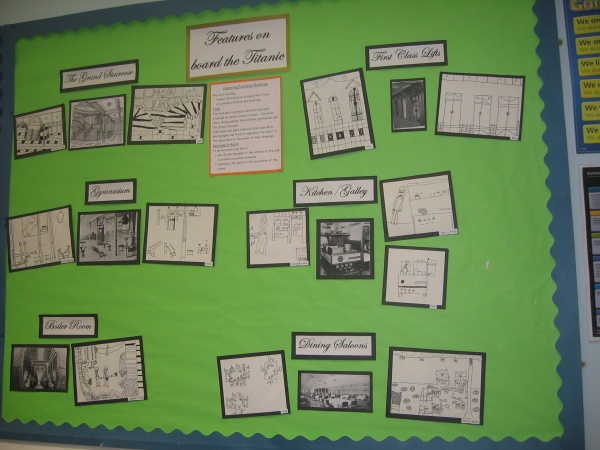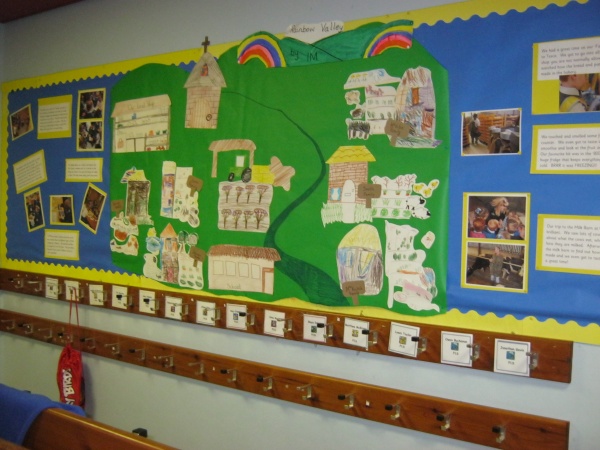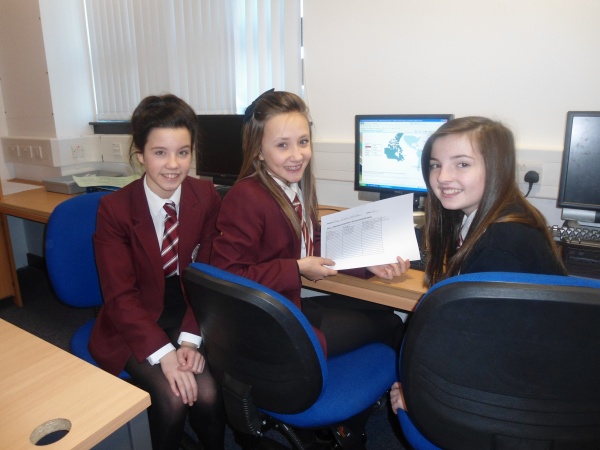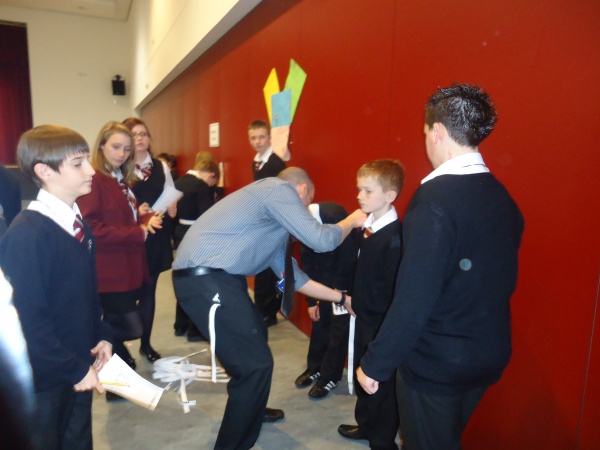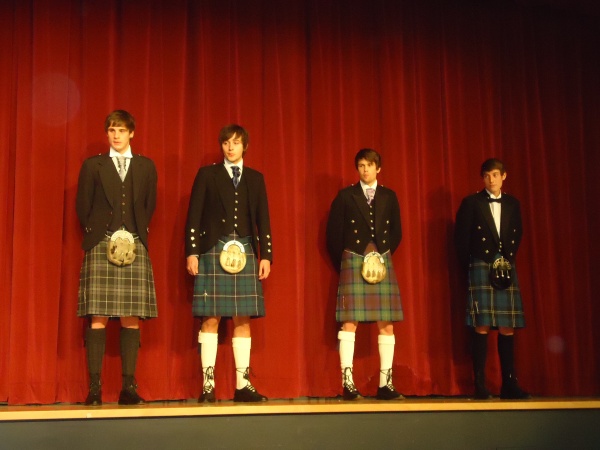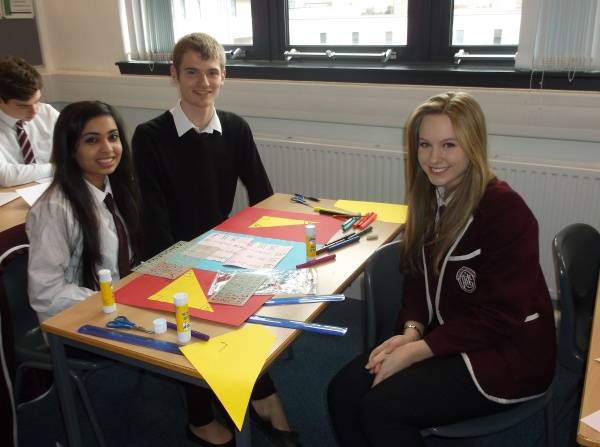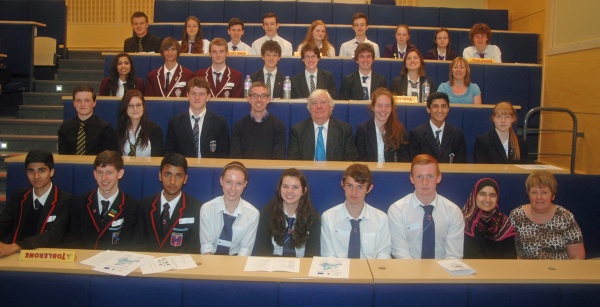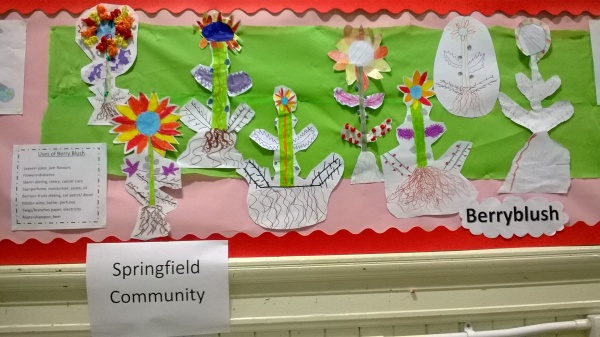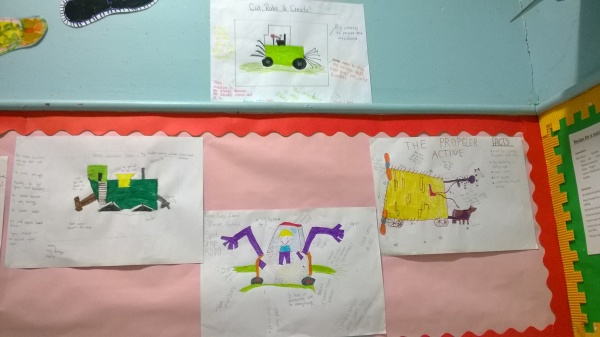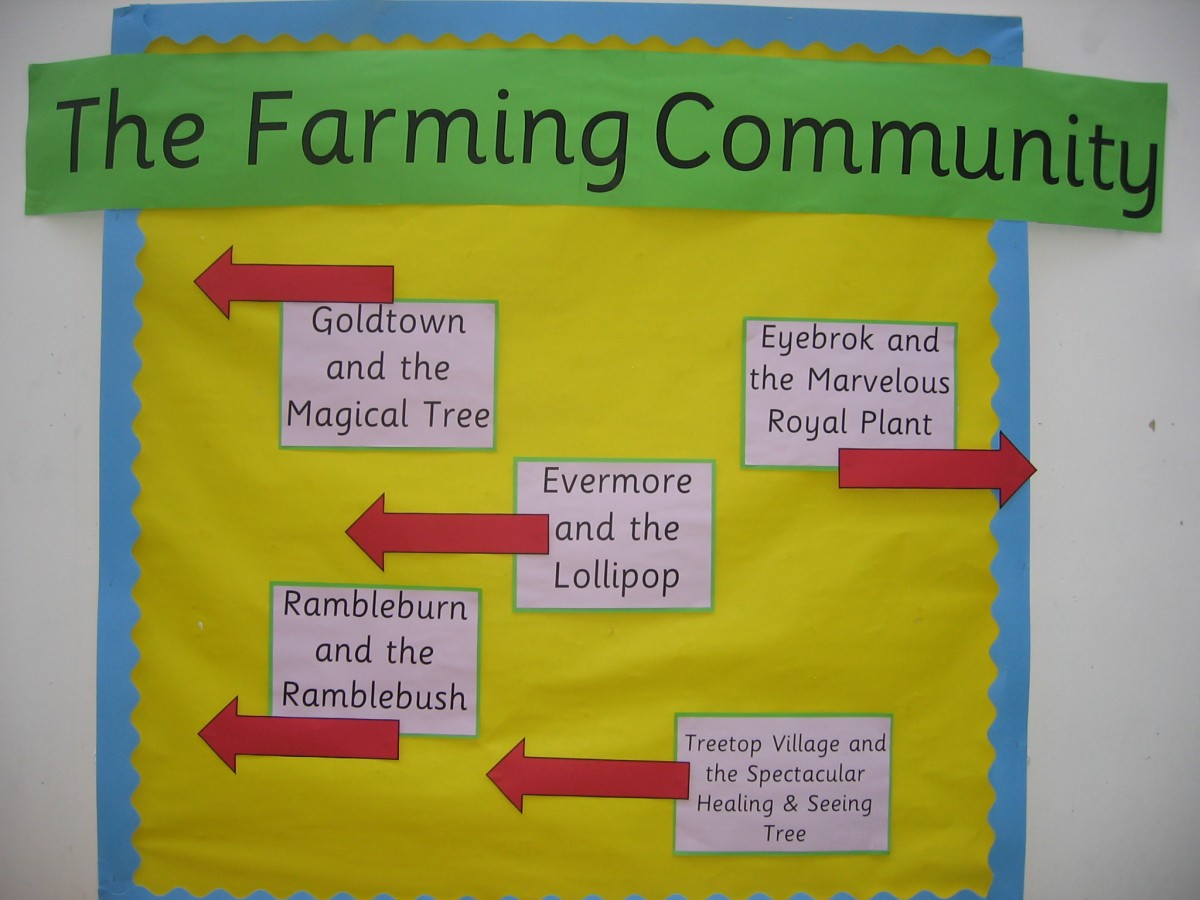 Pupils, parents and staff from primary 2, 3, 4 and 6 at Deanburn Primary School celebrated more successful learning on Thursday 29th January.
Pupils, parents and staff from primary 2, 3, 4 and 6 at Deanburn Primary School celebrated more successful learning on Thursday 29th January.
Liz Stephens, class teacher, and Laura Beattie, principal teacher have been part of Global Storyline training delivered by partners from WOSDEC in collaboration with Falkirk Education Services. Last session they developed their use of the storyline approach and drama to deepen pupil understanding of global citizenship issues. This session they have continued this process and supported primary colleagues in delivering their own global storyline – The Farming Community. As these photos show, each class created their own crop and farming community then experienced the ups and downs of market fluctiations and the impact these have on rural economies. 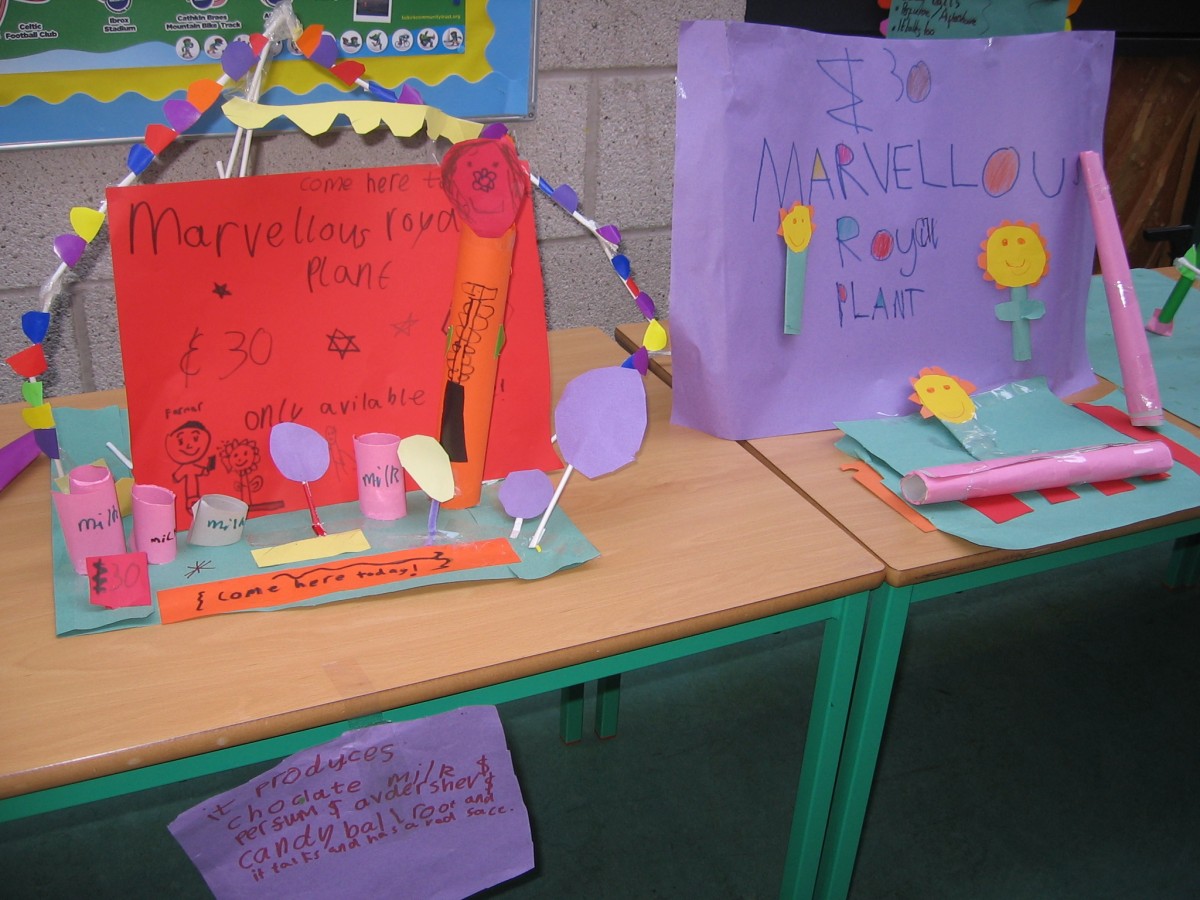
Yvonne McBlain, support officer with Falkirk Education Services enjoyed listening to pupils from each class sharing their learning. In primary 4B “The Scott Family” looked forward to sharing their market stalls and video jingles with the guests. Claire and Holly liked pretending to be part of the Johnstone family. “I really liked doing Josh. I got angry because the buyer said she wouldn’t pay all the money.” “I got confused, like I didn’t know what to do.” Other primary 4 pupils enjoyed making their characters and learning about Fair trade – “Because it helps farmers all over the world and I didn’t know that” said Rebecca Smith.
In primary 3M, a character called James Bond! made a stall to show that their crop “Magic Tree” could be made into perfume.
In primary 2G the village was called Treetop and the crop was called the Spectacular Seeing and Healing tree. Reece and Robbie gave Yvonne a great tour of their storyline diary. Their drawings clearly show how they felt about the price the buyer’s origninally offered for their crop, AND the new price when the market “fell”. The boys enjoyed painting the scarecrow “to scare the birds away cos they might eat our crops.” They also liked making the harvesting machine with their bodies “we got to make a big machine what harvested our crops. 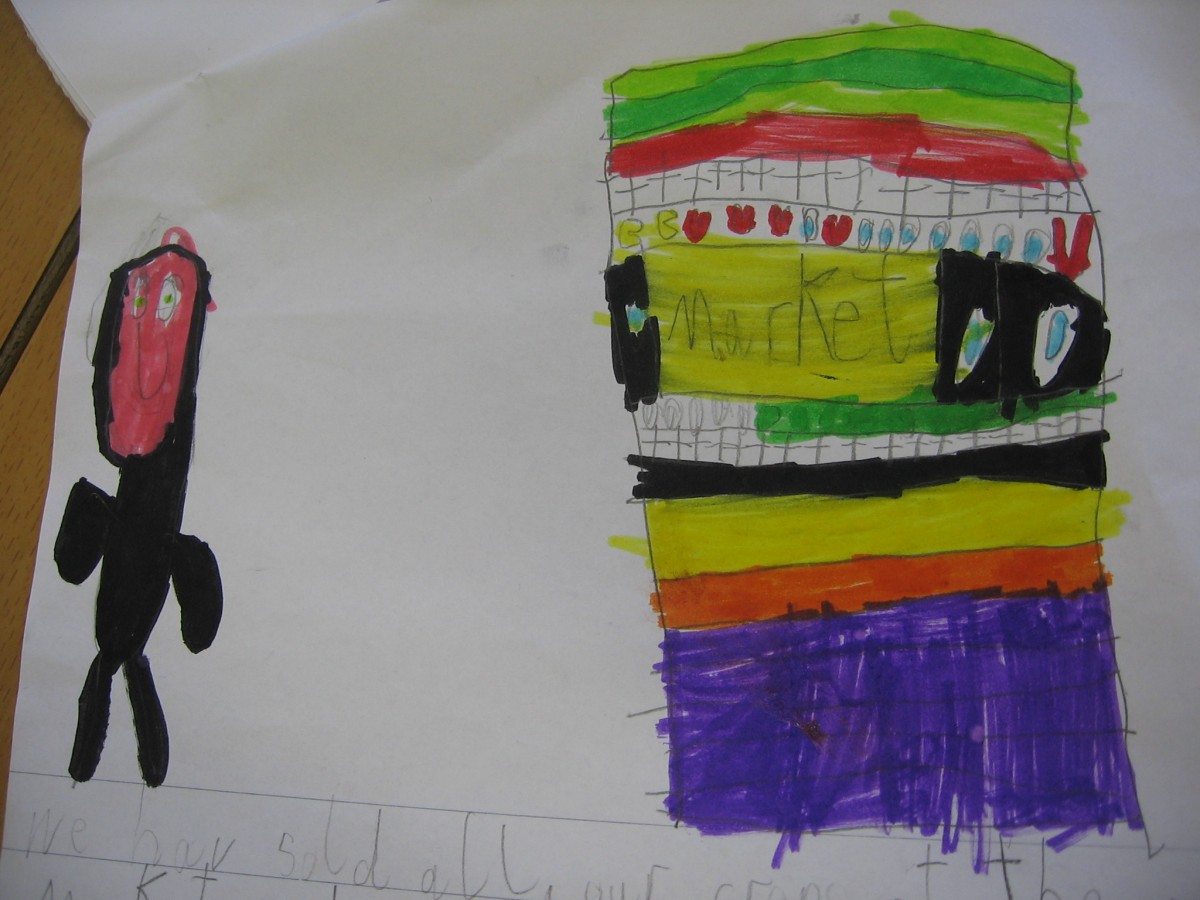
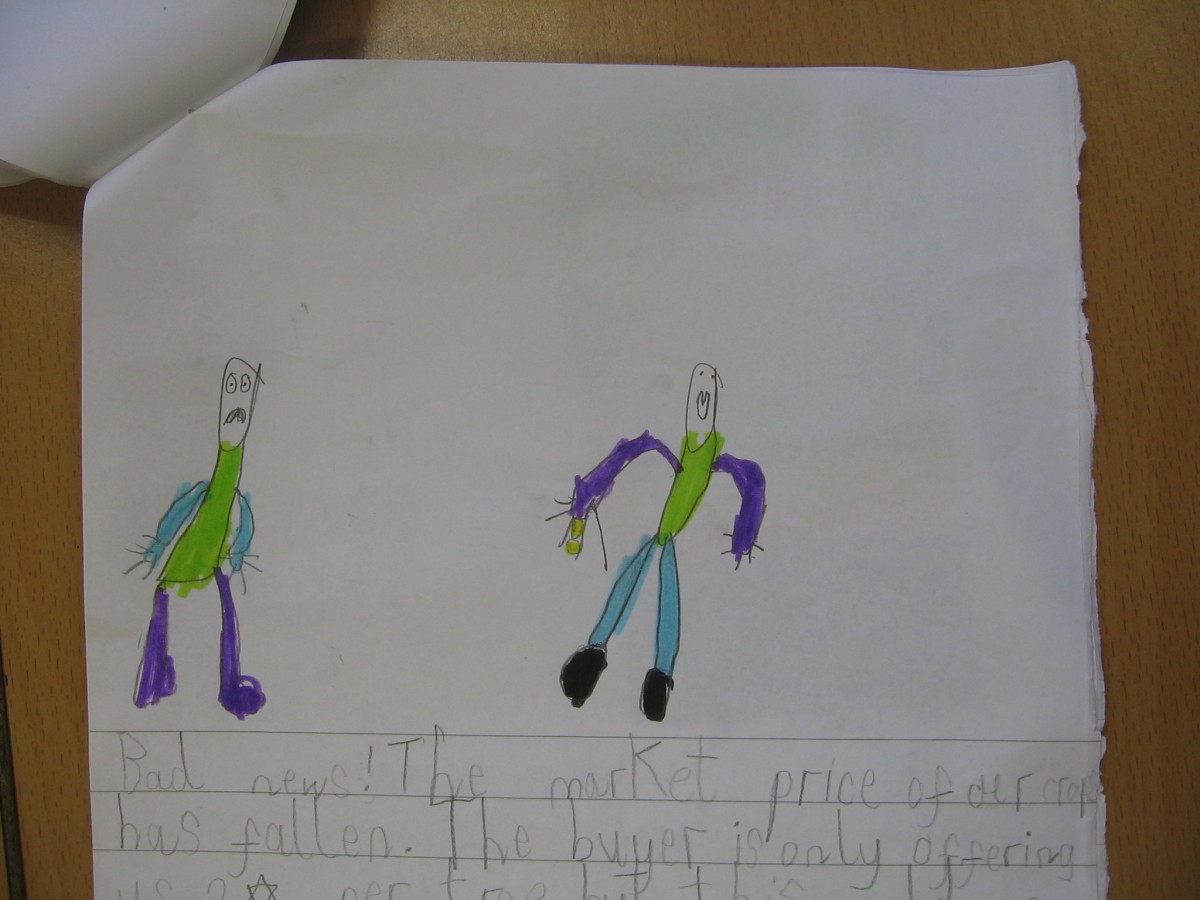
In each class it was clear that the pupils understood how unfair global trading could be to small, rural communities. They used a variety of activities to help their parents and guests understand this too. Some children manned the Fair Trade activity, and told the story of how crops like tea and bananas get from the field to our shops.
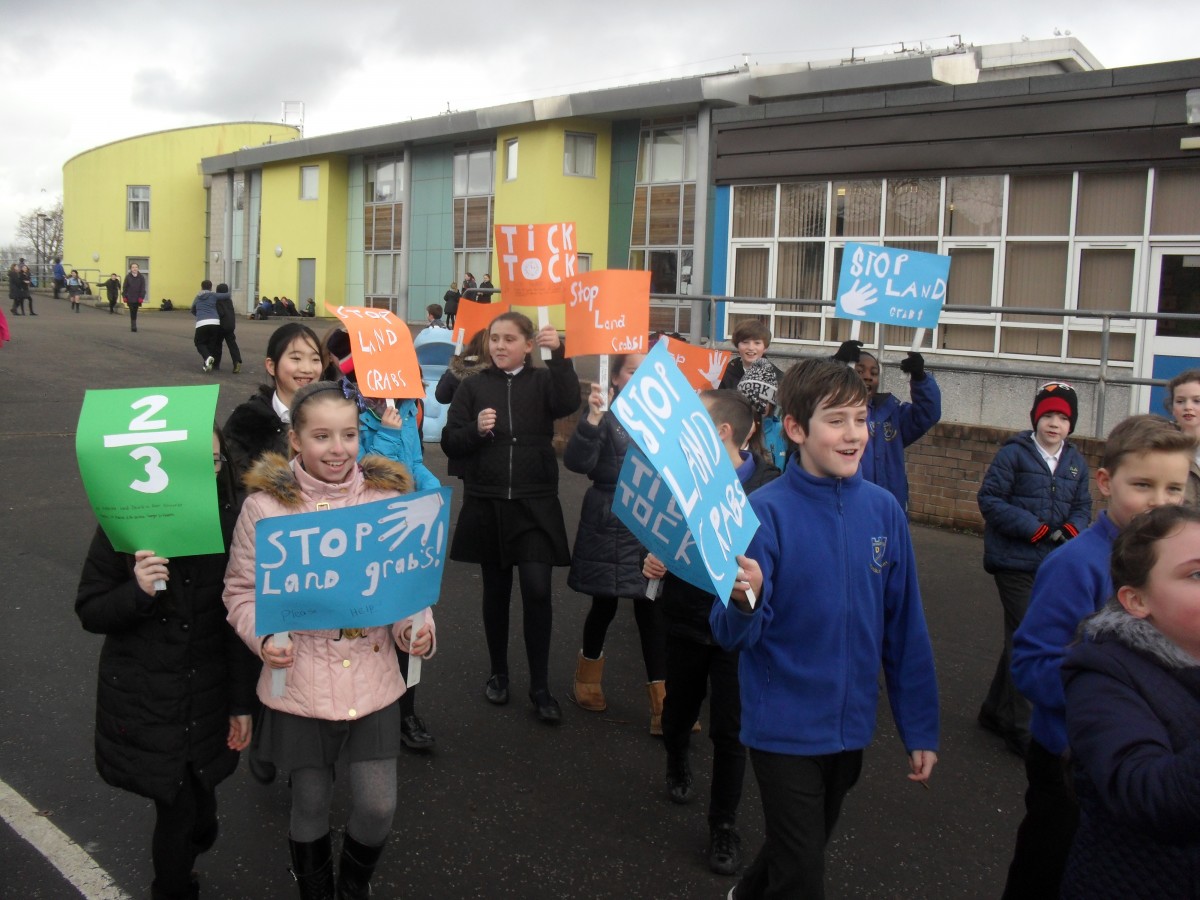 At second level in primary 6, pupils took their exploration of global trading a step further when their storyline community was subjected to a “land grab” by a multi-national company. Pupils shared their understanding of the complex issues which enable this to happen, but staging their own land grab and protest during the afternoon.
At second level in primary 6, pupils took their exploration of global trading a step further when their storyline community was subjected to a “land grab” by a multi-national company. Pupils shared their understanding of the complex issues which enable this to happen, but staging their own land grab and protest during the afternoon.
There was a great turn out of guests sharing in the learning of their children. Laura, Liz and colleagues gave their pupils’ another opportunity to present and share their learning by inviting other classes in the school to come and visit the global storyline classes the following day.
Staff at Deanburn PS are effectively using collaborative planning and professional dialogue to develop their interdisciplinary learning through the cross-cutting theme of Learning for Sustainability. They are making excellent use of their training to improve the learning experiences for their pupils.
